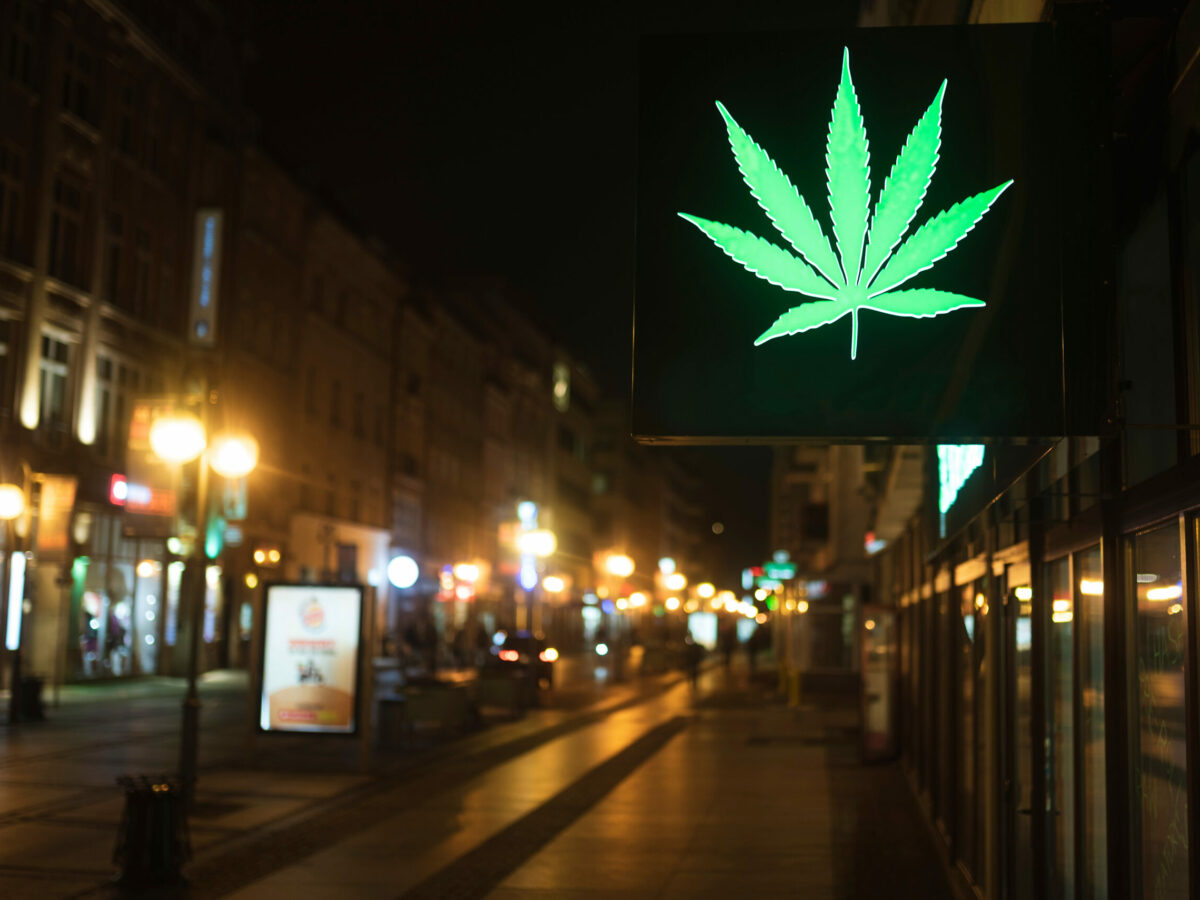The Maryland Court of Special Appeals ruled in favor of Richard Williams, a man who was stopped by police back in 2018 for driving while using his cell phone and then tackled and pepper-sprayed by police and had his person and car searched for cannabis. The opinion says that Williams’ Fourth Amendment rights were violated and that the lack of probable cause means Williams should not have been searched and arrested.
The ruling on this case came down on May 29, the same week Minneapolis police officer Derek Chauvin arrested George Floyd and proceeded to press his knee into Floyd’s neck which prevented him from breathing and eventually killed him.
Back on October 20, 2018, Williams was stopped by Pocomoke County Police Sergeant Rudell Brown because, Brown says, Williams was talking on his phone while driving. Once Williams was stopped, he got out of his car, cell phone in hand, and Brown quickly tackled him. Then, Williams was handcuffed and pepper-sprayed as Brown told him, “stop resisting.” Brown then searched Williams’ pockets and found three baggies of cannabis which added up to less than 10 grams, an amount that is decriminalized in Maryland.
Next, Brown searched Williams’ car and found what is considered a criminal amount of cannabis as well as a scale. Williams was charged with possession with intent to distribute marijuana, possession of marijuana, resisting arrest, and driving on a suspended license.
In the opinion, Judge Douglas Nazarian explains that there was no justification for tackling Williams. Brown, “performed a take down without testifying that the defendant was armed and dangerous, at risk of flight, or a threat to the officer’s safety,” violating Williams’ Fourth Amendment rights (“the right to reasonable search and seizure”). During pre-trial testimony, Brown said that he did not believe he was in danger. Additionally, there was no probable cause for arresting Williams because “there was no evidence to warrant a prudent person in believing that the defendant had committed or was committing a criminal offense at the time of the arrest.” He was put under arrest, the court notes, before the cannabis was discovered and at the moment that Williams was tackled, the only offense he had committed was driving while talking on a cell phone which is not a criminal offense.
Because according to the courts, there was no reason for Brown to tackle Williams, it means that the discovery of the cannabis in his pockets and in the car “should have been suppressed as fruits of the poisonous tree.” In short, the court saw no justification for the tackle or arrest so that means anything discovered after that moment could not be introduced as evidence against Williams. Lastly because the arrest was not a lawful arrest, the charges of resisting arrest could not stand.
Williams’ case went to the Court of Special Appeals after Williams’ lawyers had argued in Circuit Court that the cannabis should have been suppressed because of Brown’s unjustified use of force during a police stop that began because Williams was driving while talking on his phone. Circuit Court ruled against Williams primarily because Williams got out of his car during the stop, which Brown used as justification for tackling him. The Court of Special Appeals disagreed with that.
The Outlaw Report has been focusing on how law enforcement publicizes pot busts both on its own social media and also with the assistance of local media. Going through the Pocomoke City Police Department’s Facebook account reveals a November 1, 2018 post that lists all of the arrestees for the month of October and includes Williams. The post reads, “10-20-2018 Richard Williams, age 43 of Pocomoke, MD was arrested for CDS with intent to distribute, disorderly conduct and resisting arrest. He was held without bail.”
On The Maryland State Bar Association’s website, the MSBA noted that the court opinion was handed down on May 29, amid George Floyd protests: “On a day when the nation was convulsing in the aftermath of the death of George Floyd, the Minnesota man who died during an arrest for a minor criminal offense,” ” the MBSA wrote. “The Maryland Court of Special Appeals condemned a police officer’s physical take-down of a Pocomoke City man suspected of a minor traffic violation.”
The MSBA also criticized the court of appeals for not taking issue with the brutality of the stop: “The Court did not, however, address or even attempt to characterize the immediate and violent nature of this police-civilian encounter, except to say that it constituted an arrest. In that sense, the Court might have missed an opportunity to contribute to the ongoing national dialogue that predates the 2018 events it had under review,” the MBSA wrote.
Photo by Thomas Andre Fure / via Shutterstock





